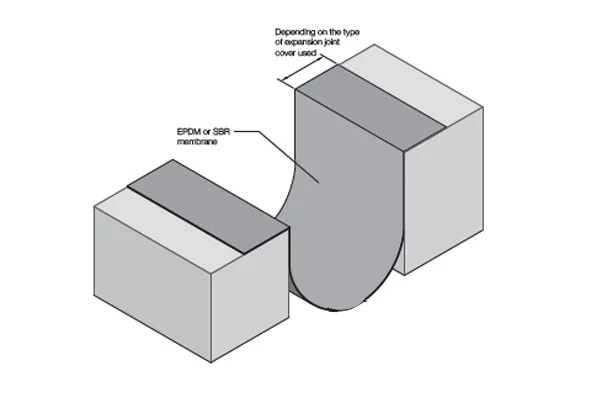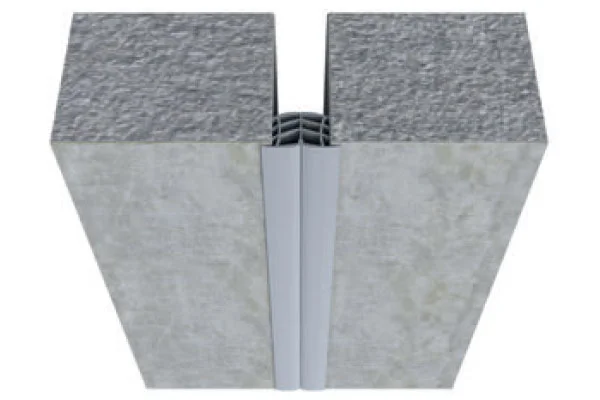Tax season can be a contractor’s worst nightmare, but it doesn’t have to be. In a recent Best of Success podcast, Amparo Sancen, founder of Latinos en Roofing and owner of Sancen Contracting, shared critical insights about the costliest tax mistakes plaguing contractors—and how to avoid them.
Common Contractor Tax Traps
Amparo Sancen, founder of Latinos en Roofing and CEO of Sancen Contracting, shared critical insights about the most costly tax mistakes plaguing contractors—and how to avoid them.
“The biggest mistakes are we mix personal and business. We don’t track receipts, we don’t track our expenses,” Sancen said. This fundamental error creates chaos at tax time and can cost contractors thousands of dollars in missed deductions and penalties.
When personal and business finances blur together, contractors lose the ability to properly track business expenses, making it nearly impossible to maximize deductions or accurately report income. Even worse, this mixing can create legal complications and audit red flags.
Contractors who fail to maintain proper financial records face serious consequences beyond just paying more taxes. Some contractors avoid dealing with taxes year after year, leading to mounting penalties and potential legal action. This procrastination can result in lost business opportunities and damaged credit when contractors can’t provide proper financial documentation for loans or business purchases.
Operating as an independent contractor instead of establishing proper business structure like an LLC or corporation can be financially devastating. Proper business structure provides tax advantages through deductions and strategic planning opportunities that independent contractors simply can’t access.
For contractors ready to get their finances on track, Sancen recommends starting with three basic steps: hire professional help, establish QuickBooks, and commit to separating personal and business accounts immediately.
Invest in professional accounting help. Professional accountants don’t just handle tax preparation—they provide ongoing strategic advice, help separate business and personal finances, and create systems that save money year-round.
The solution isn’t working harder—it’s working smarter with proper financial systems and professional guidance. Don’t let tax mistakes derail your contracting business. The cost of professional help is minimal compared to the price of getting it wrong.







